The HR Cloud Interview Guide: The Anatomy of an Effective Job Interview
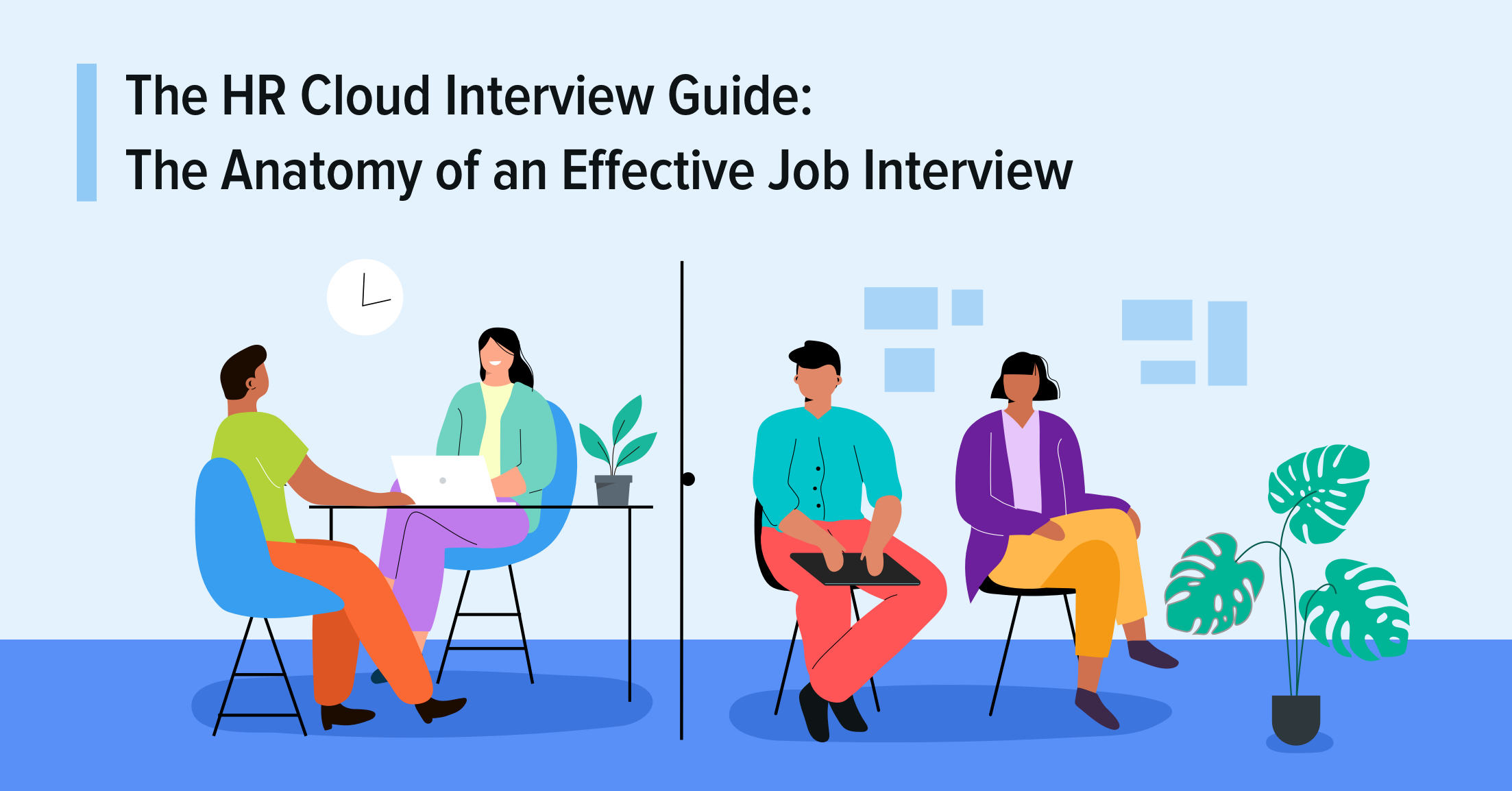
Hiring the wrong employee or manager can cost your organization tens of thousands of dollars. Minimizing bad hires means investing time and preparedness (not necessarily dollars) to conduct effective interviews. To help, we created the following interview guide to help you stay on track.
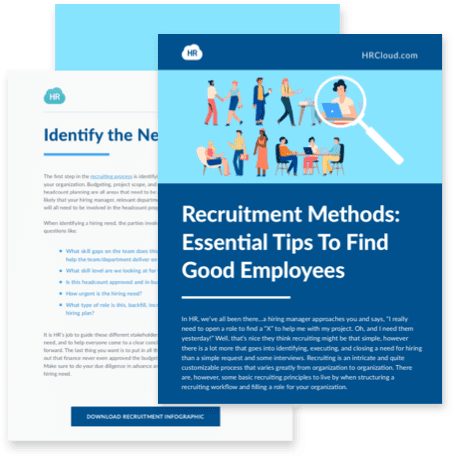
To learn more about recruitment methods, download our ebook now.
Download nowBut first, why do we need all need interview skills training, even if it’s just a new way of thinking?
Let’s look at the numbers. The U.S. Department of Labor says that the average cost of a bad hiring decision can cost up to 30% of the individual’s annual salary. In other words, hiring the wrong employee with a salary of $60,000 is really going to cost your organization close to $80,000 in the long term.
The crux of your decision making is entirely dependent on the candidate interview process and whether or not you conduct an effective interviews. Your HR team knows that, and yet many organizations fail to set the right expectations up front — with the candidate and the hiring managers who will be making the decision. Remember, there is much more to it than just presenting strong candidates and providing a few questions to ask when interviewing. Instead, hiring teams should focus on creating a positive, productive two-way interview environment designed to ensure the best candidates stand out.
How can you improve? Let’s take a closer look at many of the most important parts of an effective interview.
Pre-interview research.
As you might expect, the most effective interviews begin well before meeting candidate. No doubt your recruiting and hiring managers are reviewing the candidate’s resume or application, but there are other ways to determine if a candidate will be the right fit for your team.
Take time to research the candidate online—Google him or her to learn more about the candidate’s professional history, and examine their social presence to get a sense of his/her character. You might learn what you need to know before the interview and even start to think about what questions to ask when interviewing.
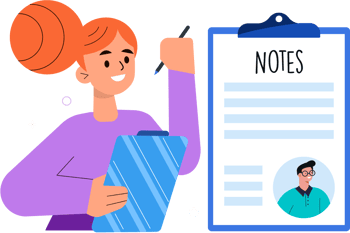
Be prepared.
A strong candidate will likely invest hours preparing for an interview—researching the company, looking up interviewers on LinkedIn, and more. Are your interviewers preparing as well? If not, could they benefit from interview skills training?
Take time to review pre-planned questions with interviewers to ensure they will help make the right determinations for the position. Ask yourself if they are effective interview questions by including enough open-ended questions that will allow a candidate to demonstrate his or her strengths.
At the same time make sure interviewers understand up front the type of interview being conducted—is this an initial screening or a second interview? Face to face or video? Is the hiring manager close to a decision? Do all you can to remove the element of surprise for interviewers.
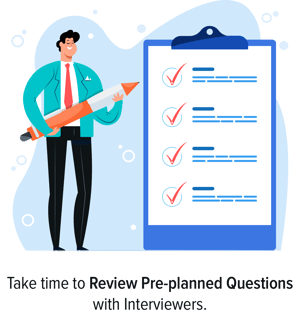
Conducting a good interview.
It’s time. Your interviewers are sitting down with candidates and discussing their fit for the team. What is the first step in conducting an effective interview? Make sure you communicate the do’s and don’ts before they begin.
-
When it comes to the questions to ask when interviewing, make sure the interview is a two-way conversation, allowing the candidate to ask questions. Identifying the right fit has as much to do with your company as it does the candidate.
-
Pay attention to body language and mannerisms as they may tell you something about the candidate’s confidence, preparedness and professionalism.
-
As part of effective interview techniques, make sure to focus on the candidate’s qualifications for the job and avoid personal questions. Don’t let superficial impressions influence your decision.
-
Avoid stereotypes, especially those that can get your organization in hot water. Remove any risk of discriminating questions related to age, citizenship, disability, service, or religion.
-
Allow silence during the interview to let the candidate process his or her thoughts. If there are multiple interviews in a day, give candidates a breather in-between.
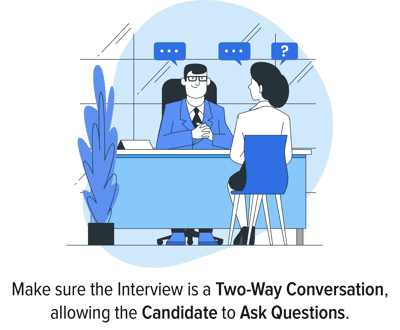
After the interview.
Stress with your hiring managers that an effective interview doesn’t end when your candidate leaves the office (or closes the video chat). Emphasize the importance of taking notes during and immediately after the interview and share them with the hiring committee. If there is a large number of candidates, encourage interviews to rate them as a way to make it easier to pare down to the strongest candidates quickly. And no matter the outcome ensure someone from HR is keeping each candidate updated as decisions are made.

This overall interview guide is your team’s best if not only chance to assess a candidate’s strengths, weaknesses and suitability for the job. Emphasize the importance of face-to-face interviews (use video if interviews must be remote) and encourage everyone in the process to prepare. Only then will you have the information to make the best hiring decisions.
To learn more about effective interviews and how HR Cloud can help you deliver better HR and business results, please visit www.hrcloud.com today.
About Author: This article is written by a marketing team member at HR Cloud. HR Cloud is a leading provider of proven HR solutions, including recruiting, onboarding, employee communications & engagement, and rewards & recognition. Our user-friendly software increases employee productivity, delivers time and cost savings, and minimizes compliance risk.
Keep Reading
Retention Reset: How to Keep Your Best Talent in 2025
More employees are walking away from their jobs in 2025 not just for better pay, but for
The Most Common Hiring Mistakes in the Healthcare Industry
The hiring process can be tedious in the healthcare industry, and it may be tempting to

